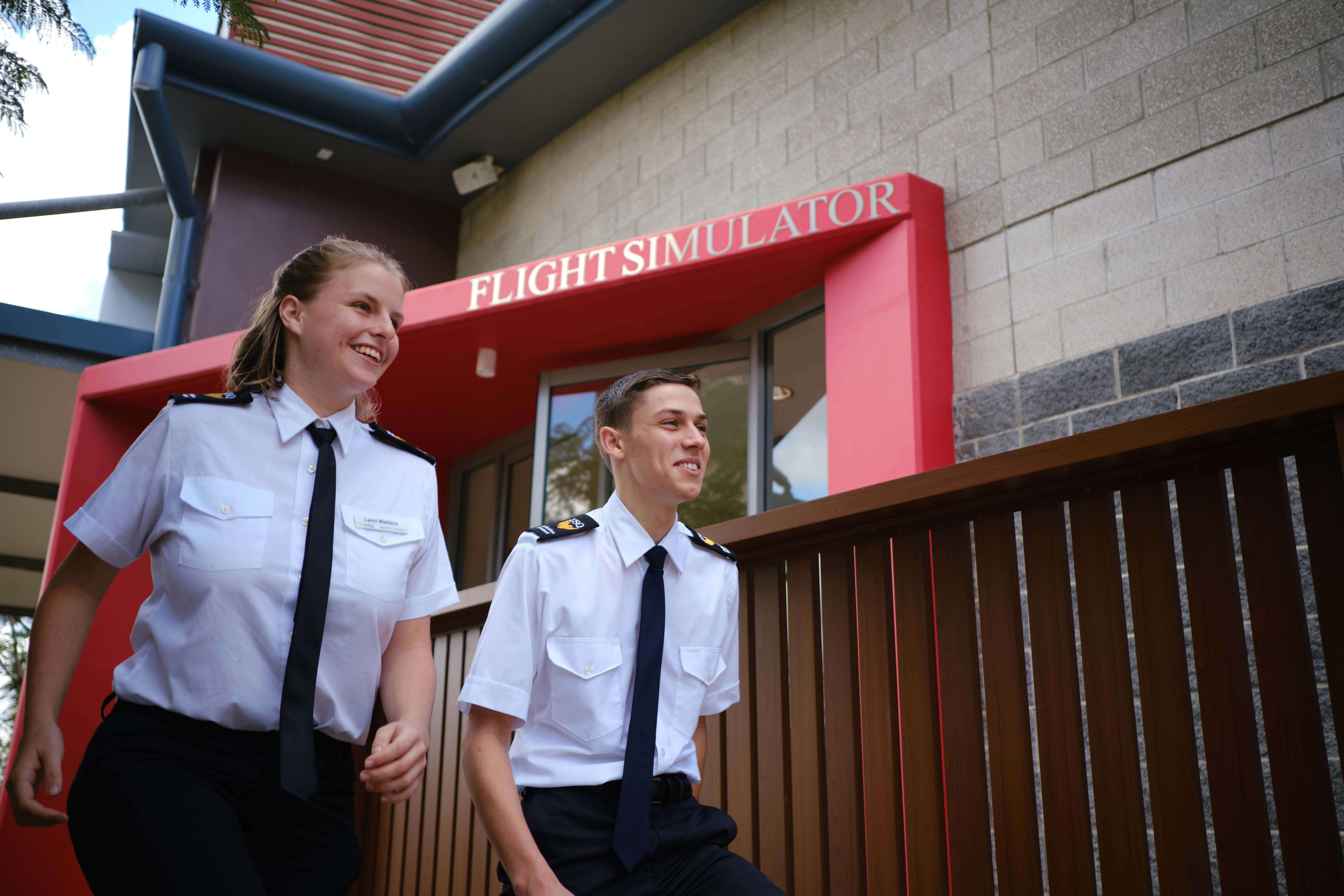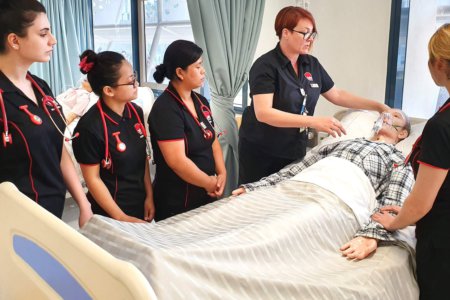
When deciding where to study, the location is just as important as the course, cost and institution. It can affect your experience, career opportunities, mood, wellbeing and extracurricular involvement. The state, the size of the city, and the local community — all impact your years at university. Finding the right fit, location-wise, for your personality and aspirations is crucial.
Now, more than ever, university is more than just a means to get a degree. It’s about meeting people, going to events and making memories that last a lifetime. In a globalised interconnected world, studying abroad gets us out of our comfort zones to experience another culture, language, environment and education system. Some of these are on campus, and others will be off campus, engaged in your surrounding community. Like their leaders before them — Sun Yat Sen and Jawaharlal Nehru — many return transformed, ready to become changemakers in their own right.
In 2021, Australia and New Zealand stand out as excellent study abroad destinations. Top-ranked universities, talented faculty members, safe and gateways to countless thrills — they have become two of the most attractive destinations for international students today. We explore both in detail below:
Queensland, Australia
Friendly, welcoming and diverse are three of the most common words used to describe Queensland, Australia; global, innovative and forward-thinking follow. In 2020, Australia’s quality of life was rated fourth on the world scale, ahead of the US, UK, Canada, Singapore and most European countries. Brisbane, Queensland’s capital and Australia’s third largest city, is also ranked higher than Melbourne, Perth and Sydney.

Queensland universities offer programmes for undergraduate, postgraduate and research. Source: Study Queensland
In 2019, this slice of South Pacific paradise on Australia’s eastern shores welcomed over 135,000 international students from more than 160 nationalities, seeing Queensland become the second home for an incredibly diverse mix of international students. By the first week, they understand why this Australian state’s top-ranked universities are a draw in their own right.
Here, international students benefit from an environment where universities, researchers and business collaborate in the name of innovation. From pioneering cervical cancer vaccines to harnessing hydrogen for big business energy solutions, Queensland is brimming with forward-thinking talent who are shaping the world of tomorrow.
Queensland universities offer programmes for undergraduate, postgraduate and research studies, including: bachelor’s degrees, honours, graduate certificates, graduate diplomas, master’s by coursework, master’s by research and PhDs. Abundant study and research opportunities are available across a wide range of industries.
To study here is to get a foot in the door of future-focused areas including biomedicine, advanced manufacturing, aerospace, advanced agriculture technology, smart mining, sustainable energy, entrepreneurship and more. Various pathway options are available to get admitted to a Queensland university, from foundation courses and diplomas to Year 12 at a Queensland high school to student exchange programmes.

Australia and New Zealand are known for their safe and experiential learning environment for international students. Source: Study Queensland
Queensland is home to 12 universities offering world-class facilities, teaching and experiences. In 2021, The University of Queensland, Queensland University of Technology, Griffith University and Australian Catholic University all ranked in top 300 of the Times Higher Education World University Rankings 2021.
Here, students have access to a wide variety of online and face-to-face professional experiences through Launch U! —a talent and employability programme supported by Study Queensland and the Queensland government. There is also a wide range of support services available, including free resources and information, workshops and events through the Queensland Student Hub Network and a 24-hour hotline through 1800QSTUDY — all of which are dedicated to assisting students. With an education from Queensland, you can go anywhere. To learn more, check out Study Queensland, the state government organisation dedicated to promoting Queensland as a premier study destination and a preferred partner for education, training, research and innovation.
UP Education
New Zealand is a welcoming, diverse country with a history of Māori, European, Pacific Island, and Asian immigration. There are many interesting things to learn about Aotearoa (the Maori name for New Zealand that means “the land of the long white cloud”).

New Zealand is a welcoming, diverse country. Source: Up Education
Most places in this volcanic, beachy, glacial country receive over 2,000 hours of sunshine a year – around 83 sunny days. It is a natural playground full of opportunities for unique experiences — but there’s a lot more beyond its picturesque landscapes. It is home to approximately 86,000 international students who come from all around the world. A welcoming and friendly society with an excellent support system for international students is assured upon arrival — no wonder it is emerging as one of the topmost preferences among students wanting to go abroad.
In New Zealand, students never run out of things to do and the options are seemingly endless. Driving along golden coastlines fringed with native pohutukawa trees, walking on trails to waterfalls hidden in beech forests, or cycling through gently rolling vineyards. For the adrenaline junkies, bungy jumping, jet boating, skydiving or zip lining are available too. If you want to take some time off studying to relax and unwind, beautiful hot pools, numerous cultural attractions and art galleries are at your disposal.
As an international student in New Zealand, students can work for up to 20 hours every week during semesters and full-time during breaks. To learn more, check out UP Education — New Zealand’s largest independent tertiary education group. UP Education has ten private colleges across Australasia, which deliver bachelor’s degrees, diplomas and certificates. These offerings span creative industries, information technology, tourism, hospitality, management, trades and services, health, beauty and early childhood education.
The group also has partnerships with three leading universities in New Zealand, allowing pathway options into undergraduate programmes at the University of Auckland, AUT University and Victoria University of Wellington.
*Some of the institutions featured in this article are commercial partners of Study International










